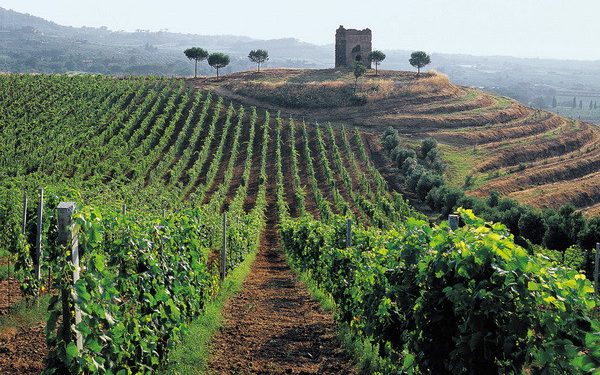#Organicagriculture #Italy #Uzbekistan #Statesupport #Certificationsystem #Sustainabledevelopment #Environmentalsustainability #Foodsafety #Innovation #Exportoforganicproducts
In this article, we will look at Italy’s successful experience in organic farming and explore what lessons and opportunities it provides for the development of organic farming in Uzbekistan. We will look at the history of the development of organic agriculture in Italy, key success factors, as well as government support. Having analyzed in detail the data from the Italian experience, we will identify prospects and opportunities for Uzbekistan in the context of sustainable development and environmental sustainability.
The modern world is faced with the challenges of climate change, the depletion of natural resources and the need to ensure sustainable development. In this context, organic agriculture becomes a key element to promote environmental sustainability and food security.
Italy, which occupies an outstanding position in the field of agriculture, is a shining example of the successful development of organic farming. The country not only takes an innovative approach to this industry, but also actively supports farmers who strive for organic production. For example, thanks to long-term investment and government support, Italy now ranks third in Europe in terms of organic land area.
One of the key points to the success of organic agriculture in Italy is the certification system. The creation of the AIAB organization and the introduction of certification standards allowed the country to create a reliable system for guaranteeing the quality of its products. This has also contributed to the strong development of organic exports, making Italy a leader in this field.
Government support is another key success factor. Legislation and regulations aimed at supporting organic agriculture encourage farmers to incorporate organic methods into their practices. The new law on the “Organic Made in Italy” label and the national strategy to support organic production highlight the importance of this industry for the country and promise new opportunities for farmers.
For Uzbekistan, the lessons arising from the Italian experience are enormous. The country has the potential to develop organic agriculture based on its natural resources and agricultural heritage. It is necessary to actively support farmers, provide them with access to knowledge, resources and infrastructure. A certification system and quality standards must be developed and implemented to ensure consumer confidence in organic products.
The Italian experience shows that organic agriculture is not only a business model, but also a way to create a sustainable future for the country. With the right support and strategic planning, Uzbekistan can achieve outstanding results in this area and contribute to the sustainability and prosperity of its people.
Organic farming is not only a production method, but also a philosophy that promotes sustainability, health and respect for nature. The Italian experience demonstrates that government support, a certification system and attention to market needs are key components for the successful development of organic farming. Uzbekistan has the potential to become a leader in this area, drawing on the lessons and experiences of other countries.





